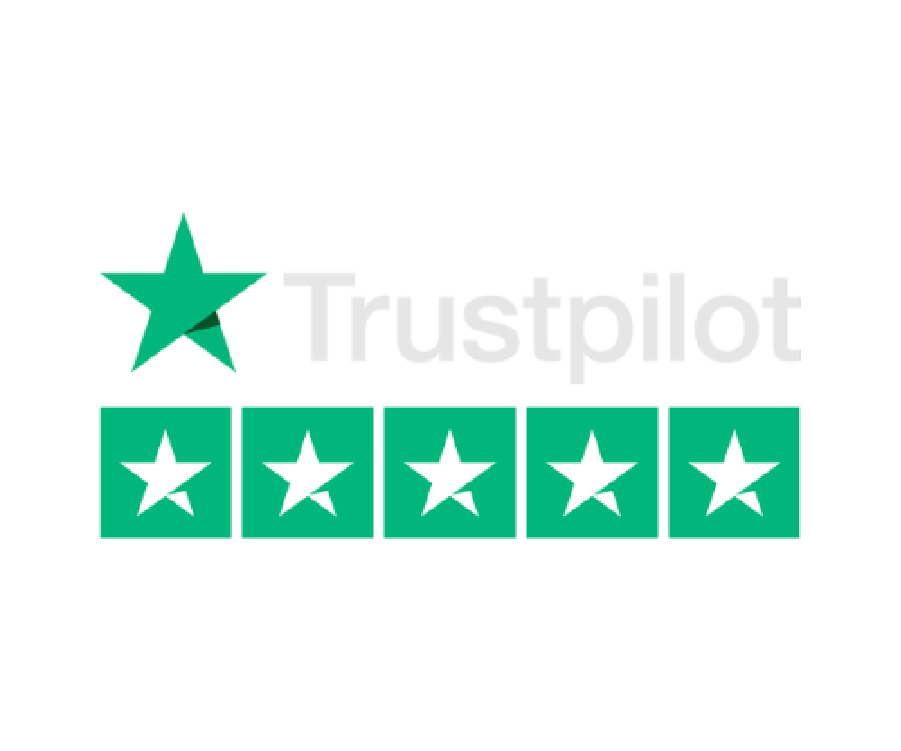Term: Domain Name
Definition: A domain name is a unique address used to identify and locate a website on the internet.
Alternative Names: Web address, URL, Internet address
Expanded explanation: A domain name consists of a series of alphanumeric characters separated by periods. It typically includes a top-level domain (TLD) such as .com, .org, or .co.uk, and a second-level domain (SLD) chosen by the registrant. Domain names are registered with domain registrars, who manage the assignment and administration of domain names on behalf of the Internet Corporation for Assigned Names and Numbers (ICANN).
Benefits or importance:
- Brand identity: A unique and memorable domain name can help establish and strengthen a company’s brand identity online.
- Ease of access: Domain names allow users to easily access websites without having to remember their numerical IP addresses.
- Search engine optimisation (SEO): A relevant and keyword-rich domain name can improve a website’s search engine rankings and visibility.
- Professionalism: A custom domain name can lend credibility and professionalism to a business, as opposed to using a generic, free subdomain.
Common misconceptions or pitfalls:
- Ownership: Registering a domain name does not grant full ownership of the name. Instead, it grants the registrant the right to use the domain name for a specified period, subject to renewal.
- Availability: Not all desired domain names may be available for registration, as they may already be registered by others or reserved by the registry.
Use cases: Domain names are used to establish a unique online presence for businesses, organisations, or individuals, serving as the address for their websites, email addresses, and other web-based services.
Real-world examples: www.example.com, www.yourbusiness.co.uk, www.nonprofit.org
Best practices or tips:
- Choose a domain name that is short, memorable, and easy to spell to make it easier for users to find and remember your website.
- Consider using relevant keywords in your domain name to improve search engine rankings and visibility.
- Register your domain name with a reputable domain registrar to ensure proper administration and management of your domain.
- Regularly renew your domain registration to avoid losing your domain name to expiration or third-party registrations.
- Consider registering multiple domain extensions (e.g., .com, .co.uk, .org) to protect your brand and prevent others from using similar domain names.
Limitations or considerations: Domain name availability may be limited, and popular domain names may already be registered or reserved. Additionally, certain domain extensions may have specific eligibility requirements or restrictions.
Comparisons: Domain names can be compared to physical street addresses, as they serve as unique identifiers and locations for websites on the internet. They can also be compared to telephone numbers, as they allow users to connect with and access specific online resources.
Historical context or development: The domain name system (DNS) was introduced in the early 1980s as a more user-friendly alternative to numerical IP addresses. The first domain name, symbolics.com, was registered in 1985.
Resources for further learning:
- ICANN: Domain Name System
- Nominet: Domain Support
- Verisign: Domain Names
Related services:
- Domain name registration – Secure your unique online presence with our domain registration services
- Domain name management – Ensure your domain name remains up-to-date and protected with our comprehensive management services
- Web hosting services – Host your website on our reliable and secure servers, ensuring optimal performance and availability
- Website design and development – Create a visually appealing and user-friendly website to complement your domain name and enhance your online presence
Related terms: Top-Level Domain (TLD), Second-Level Domain (SLD), Domain Registrar, ICANN, DNS, IP Address








